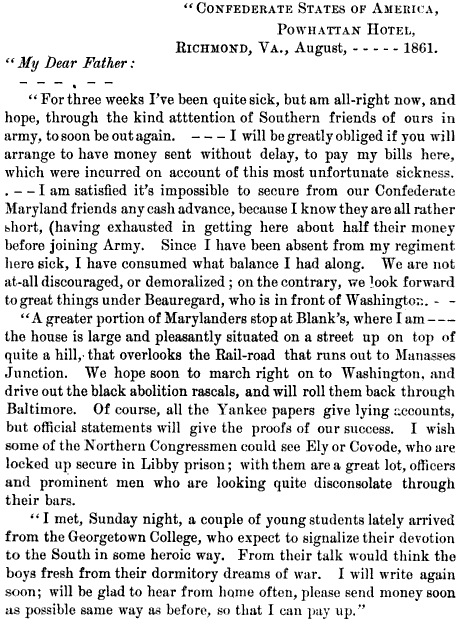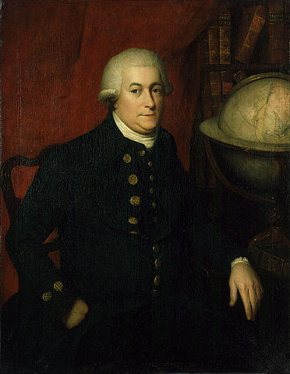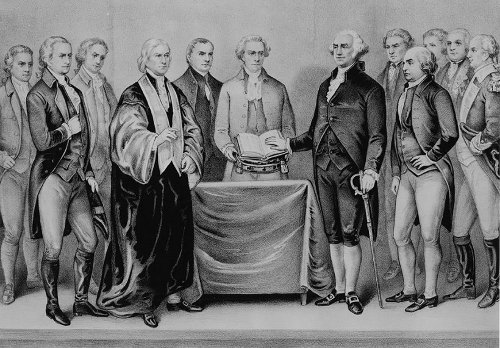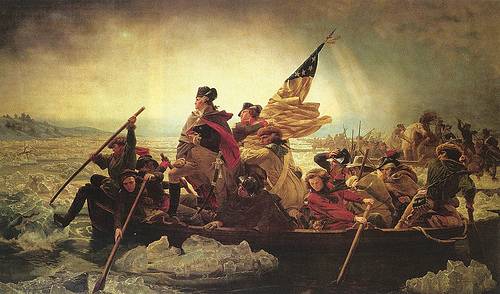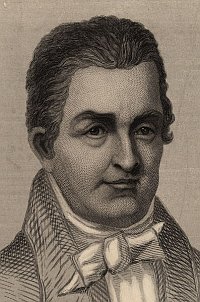
In 1813, American inventor Oliver Evans envisioned a strange future:
“The time will come when people will travel in stages moved by steam engines, from one city to another, almost as fast as birds fly, fifteen or twenty miles an hour. Passing through the air with such velocity, changing the scene in such rapid succession, will be the most exhilarating, delightful exercise. A carriage will set out from Washington in the morning, the passengers will breakfast at Baltimore, dine at Philadelphia, and sup at New York, the same day. To accomplish this, two sets of railways will be laid, so nearly level as not in any place to deviate more than two degrees from a horizontal line, made of wood or iron, or smooth paths of broken stone or gravel, with a rail to guide the carriages, so that they may pass each other in different directions, and travel by night as well as by day; and the passengers will sleep in these stages as comfortably as they now do in steam stage boats.”
Unable to obtain financing, he abandoned the project and turned to other work. Thirteen years later, George Stephenson built the first public steam railway.
